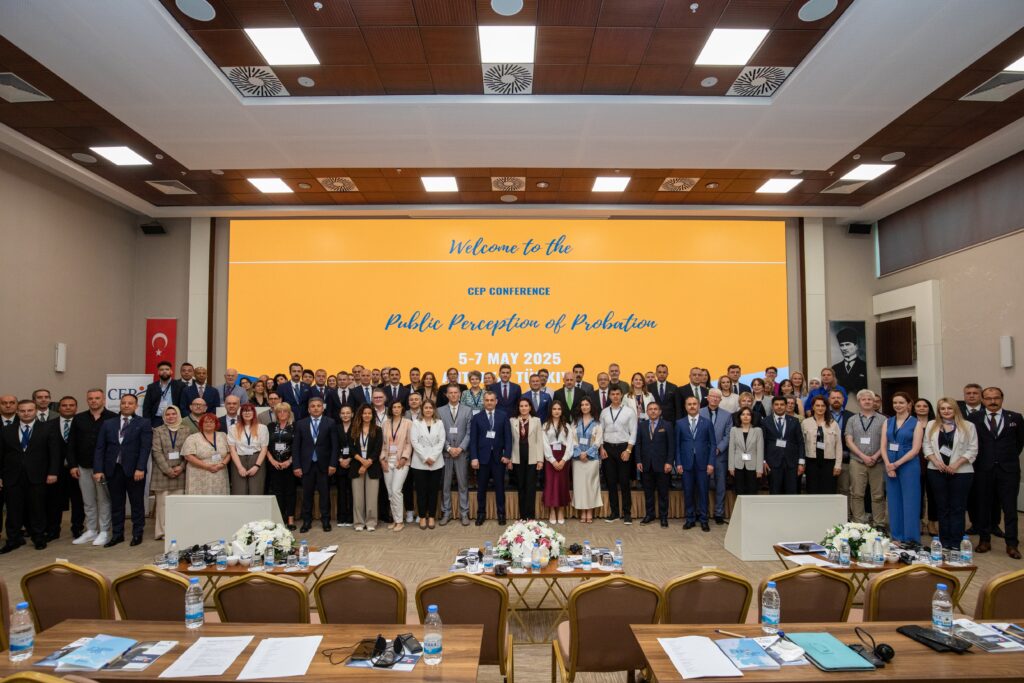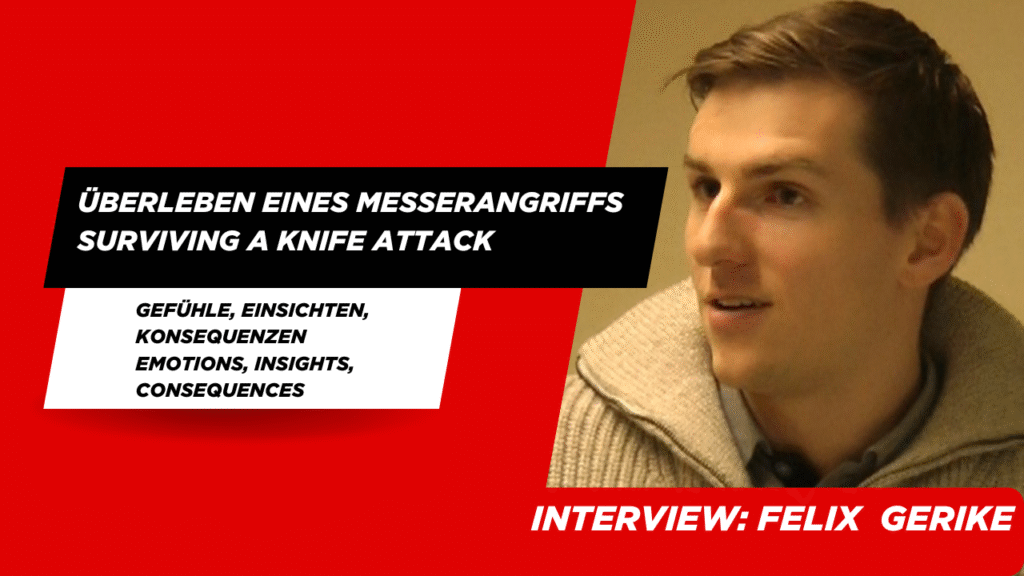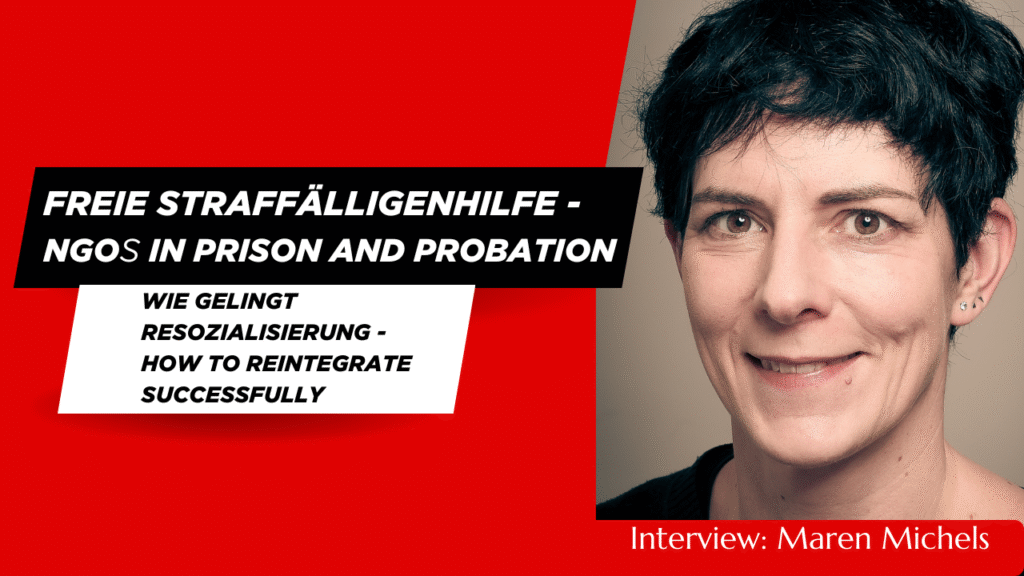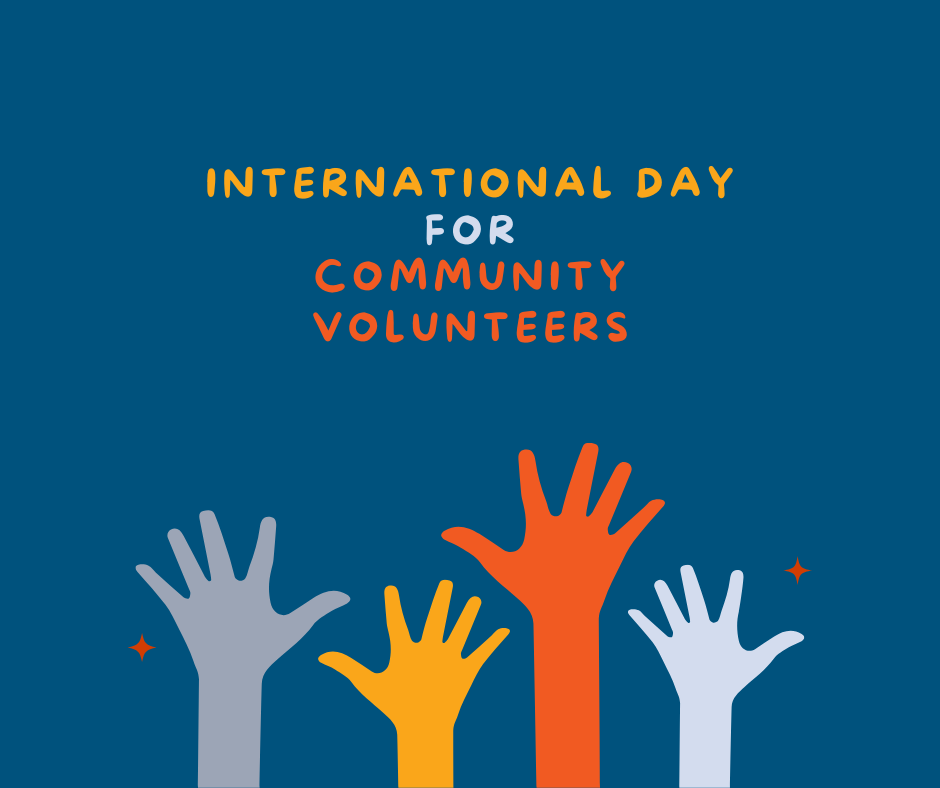Previous Article
News
Electronic court sessions: “In his own environment the client was able to better express himself”
An article written by Martine Koenders, probation officer and official contact for TBS ¹ at Tactus, one of the Dutch probation institutions for addicted offenders.
Digital court hearing
A digital court hearing: until recently this sounded like something for the future. However, the corona crisis has accelerated electronic working and Martine has already experienced twice what it is like to attend a TBS session via video calling. “It is special to do it this way and it was not really disappointing,” is her first opinion.
Seeing the client’s face
“We all tested the connection before holding the first official digital court hearing. Not unnecessarily as in the beginning things did not always work so well. However once the technical problems were solved, the system was actually quite pleasant to work with. Instead of traveling to court, I was now sitting in my daughter’s colourful room – of course with a neat white wall in the background. I have got used to cameras and feel no hesitation anymore to place myself in front of them. What immediately struck me compared to a normal session, was that I could now see everyone’s faces. Normally, for example, I sit next to my client and I can’t see his or her face properly, but now I could, and it made me realize much better how he or she was doing at that very moment. ”
Familiar environment
The new way of working also had advantages for clients. “One client has a mild intellectual disability and lives in an institution. Normally the trip to court would put him under a lot of stress, while now he could stay in his own familiar environment with two supervisors in the background. This was much easier for him and he was therefore able to better express himself. Another session had already been postponed twice due to Corona, so the client was extremely happy that it could now finally take place in this electronic way. This client was in the office of his lawyer during the hearing. The preventive custody was terminated without further conditions, so that ended well for him. ”
Miscommunication
Despite the advantages, such as less travel time, Martine thinks that not every case is suitable for digital treatment. “The specific TBS sessions that I attended were doable, but I think it might be less suitable for certain criminal cases. By sitting together in court everyone is in the same situation and there is more interaction. Now there was a case, for example, in which a client had misunderstood a question from the public prosecutor due to some noise on the line and this quickly led to miscommunication. These are things we need to be carefully aware of. ”
Conditions
“I think it is important to investigate whether the digital court sessions can be continued after corona times. It saves a lot of time not needing to travel all over the country, but it is of great importance that the frameworks and (pre)conditions are clear. What to do in what kind of cases and what to avoid? How to ensure a stable connection? How to guarantee safety? All those kind of things… However as far as I’m concerned, there is certainly a future in it.”
¹ TBS is a special measure that courts can impose on people who suffer from a personality disorder and/or a serious mental health illness and have committed a serious crime.

Related News
Keep up to date with the latest developments, stories, and updates on probation from across Europe and beyond. Find relevant news and insights shaping the field today.
Recap

CEP Events, Communication and Awareness-Raising
Recap: Conference on Public Perception of Probation
06/05/2025
From 6 to 7 May, the CEP Conference on the Public Perception of Probation in Europe took place in Antalya, Türkiye, bringing together over 100 participants from more than 20 countries. The event offered space for open discussion, exchange of experiences, and practical ideas on how probation is seen and supported across Europe.
New

Probation in Europe
New Interview Online with Felix Gerike, a survivor of a knife attack
01/05/2025
What do victims of violent crime need to recover—and what can be done to prevent such attacks?
In the latest episode of Division_Y, Jo Tein, CEP board member, speaks with Felix Gerike, a survivor of the 2023 Brokstedt knife attack in Germany. Felix played a crucial role in disarming the attacker, helping to prevent further harm. He shares his personal experience, reflections on victim support, and his views on justice and policy responses to violent crime.
Probation in Europe
New Executive Summaries for the report on Building Probation Capacity in Spanish and Italian
01/05/2025
Updated

CEP Board, Probation in Europe
New Interview Online: Maren Michels – The Role of NGOs in Probation
22/04/2025
In the newest Division_Y interview, Maren Michels, director of the Hamburg Welfare Association, shares her experiences and reflects on the vital role that NGOs play in supporting people during and after incarceration.
New

CEP Events
Want to Win a CEP Award? See How Finland Did It – Apply for 2025!
22/04/2025
We’re excited to share an exclusive interview with the winners of the Development of National Probation Services Award from the CEP Awards 2022:
The Prison and Probation Service of Finland.
New

Volunteers
International Day for Community Volunteers
17/04/2025
17 April – International Day for Community Volunteers!
Today, we celebrate the inaugural International Day for Community Volunteers Supporting Offender Reintegration—a day dedicated to acknowledging the vital contributions of volunteers who assist individuals in their journey back into society.
This initiative was launched during the 2nd World Congress for Community Volunteers, held alongside the 6th World Congress on Parole and Probation in The Hague (16–18 April 2024).
At CEP, we’re proud to support the official Declaration on the International Day for Community Volunteers. We’re also actively involved in the CoPPer project—a European initiative aimed at promoting community participation in probation services. CoPPer focuses on training volunteers to support individuals under supervision, helping them access education, employment, and community connections.
A heartfelt thank you to all the community volunteers out there—your dedication makes a real difference.
Subscribe to our bi-monthly email newsletter!
"*" indicates required fields
- Keep up to date with important probation developments and insights.

